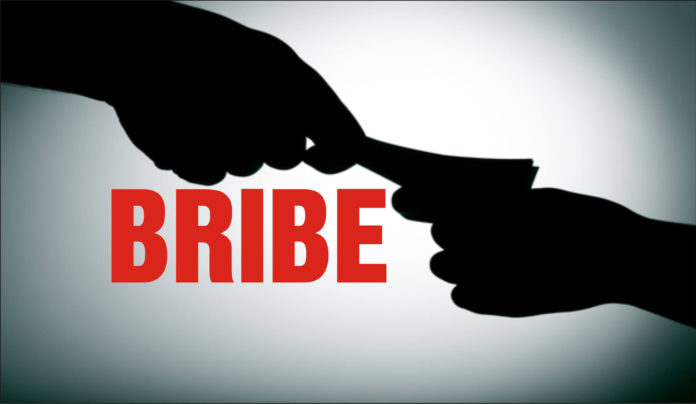A new report by the Ghana Statistical Service (GSS) has revealed that 18.4% of Ghanaians who interacted with public officials in 2024 paid bribes—mostly in cash—to access essential services.
The findings, part of GSS’s latest “Governance Series Wave 1 Report,” underscore the persistent nature of corruption in public institutions.
The report also highlighted widespread dissatisfaction with governance processes, with 70% of respondents stating that the current system offers little or no space for public influence in decision-making.
Bribery was more prevalent among men, who accounted for 68.3% of those who admitted to giving gifts or money to public officials, compared to 31.7% among women. Urban residents were also more likely to pay bribes, representing 64.3% of reported cases, compared to 35.7% in rural areas.
Persons living with disabilities were not exempt. An estimated 21.1% reported paying bribes, with the highest incidence among those with physical impairments (40.1%), followed by individuals with visual impairments (32.5%).
At the regional level, Greater Accra recorded the highest incidence of bribery at 22.0%, followed by the Ashanti Region at 18.1%. In contrast, the Savannah and North East regions reported the lowest rates at 1.0% and 1.1%, respectively.
Head of Social Statistics at the GSS, Omar Seidu, emphasized the need for urgent structural reforms and robust anti-corruption measures to rebuild public trust in state institutions.
“The data points to a worrying disconnect between citizens and the institutions meant to serve them. Reducing corruption is not just a legal obligation—it’s a social imperative,” Seidu stated.
The report serves as a critical tool for policymakers, civil society organizations, and the public in the fight against corruption and in efforts to build a more inclusive and accountable governance system in Ghana.
Source: James Eshun



